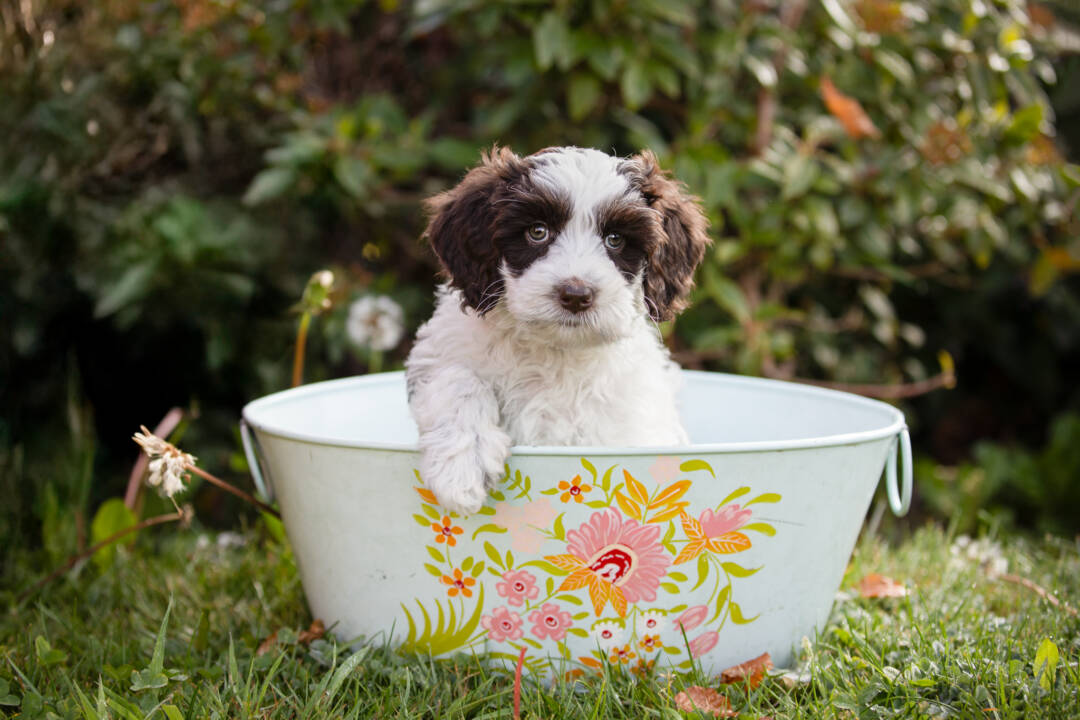Pup
How to Choose the Best Dog Training School for Your Australian Labradoodle
From walking calmly on a leash to even fetching your slippers, with the right training, an Australian Labradoodle can learn just about anything. But how do you find that one training school where your smart and curious Labradoodle truly belongs? Here’s what to keep in mind.
Choose a Dog School with a Gentle Approach
Your Labradoodle is a sensitive and intelligent dog who learns best in a positive and supportive environment. A good dog school uses modern, welfare-oriented methods – no choke chains or prong collars (ouch!). Avoid schools that use force or dominance tactics and look for trainers who understand that treats and cuddles go a long way in teaching your dog. Positive reinforcement is not only more effective, but it also aligns perfectly with the gentle nature of your Labradoodle.
Opt for Small Group or Private Lessons
Like people, dogs learn better in small classes. With a maximum of four puppies per class, your Labradoodle will receive the attention he deserves (and let’s be honest, he secretly loves that!). Many owners choose private lessons tailored to their dog’s unique personality. If you do go for group classes, make sure the group stays small. Large classes – especially those with “playtime sessions” – can get chaotic, where bolder pups may overwhelm the smaller ones. Any playtime should always be well supervised.
Look for an Experienced Trainer Who Understands Labradoodles
Although dog training isn’t a formally regulated profession, you still want someone with the right knowledge. Trainers educated by organizations such as Annorlunda, DogVision, or O&O for Dog and Human, or members of the Pet Dog Trainers of Europe (PDTE), are a solid choice. Even better if they have experience with Labradoodles, as they know these dogs are fast learners but can also be easily distracted. A trainer who understands their personality can help with essential life skills, like walking calmly on a leash and coming when called. This is more important than teaching tricks like “sit” or “shake.”
Beware of ‘Quick Fixes’ for Behavioral Issues
For most questions and challenges, your training school can be a good resource. But if your Labradoodle shows stubborn behavior or has a more complex issue, like separation anxiety, avoid quick fixes you may hear from others and consult a behavior specialist. These experts can guide your dog appropriately and prevent well-meaning but quick tips from backfiring.
Do you have any questions about finding a good dog training school? Feel free to contact one of our members.



